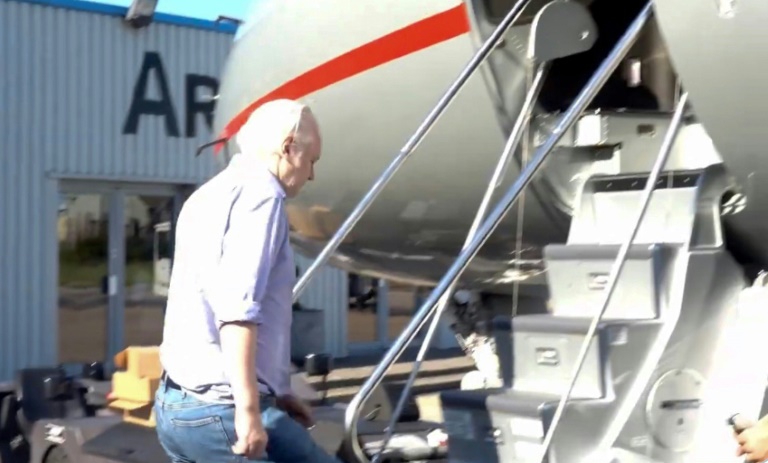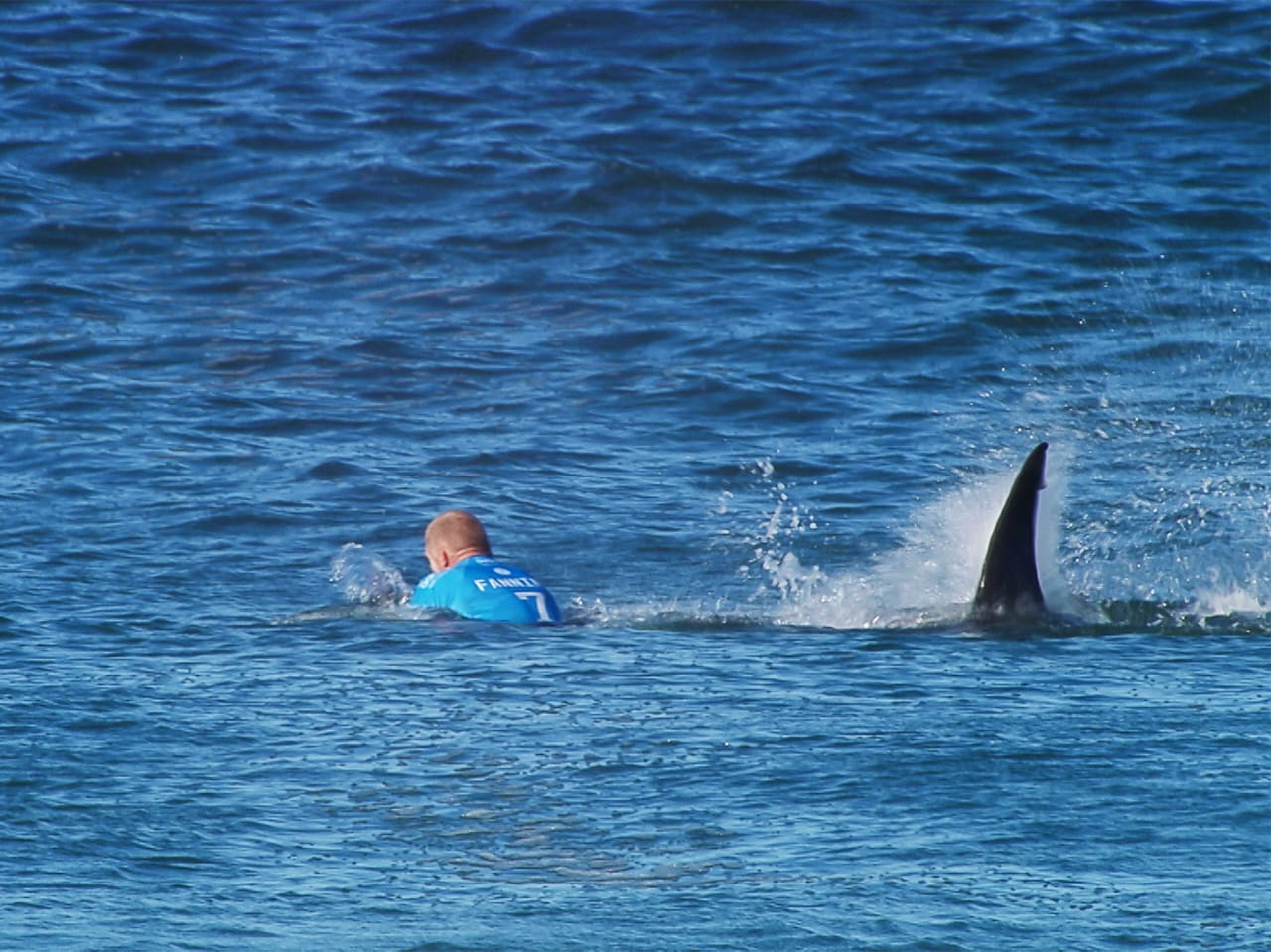WikiLeaks founder Julian Assange is to be a “free man”, his wife said Tuesday, once a judge signs off on a plea deal with US authorities to bring to a close his years-long legal drama.
Assange was released Monday from a high-security British prison where he had been held for five years while he fought extradition to the United States, which sought to prosecute him for revealing military secrets.
He flew out of London to travel to the Northern Mariana Islands, a US territory in the Pacific where he will plead guilty to a single count of conspiracy to obtain and disseminate national defence information, according to a court document.
A charter plane carrying the 52-year-old landed in Bangkok around 12:30 pm (0530 GMT) on Tuesday for a scheduled refuelling stop.
From there it was scheduled to fly to Saipan, capital of the US territory where Assange is due in court on Wednesday morning.
He is expected to be sentenced to five years and two months in prison, with credit for the same amount of time spent behind bars in Britain.
Assange’s wife Stella said he would be a “free man” after the judge signs off on the deal, thanking supporters who have campaigned for years for his release.
She said the end of the long legal drama had brought a “whirlwind of emotions”.
“I’m just elated. Frankly, it’s just incredible,” she told BBC radio.
“We weren’t really sure until the last 24 hours that it was actually happening.”
In a post on social media platform X, she urged supporters to monitor her husband’s flight on plane tracking websites and follow the “AssangeJet” hashtag, saying “we need all eyes on his flight in case something goes wrong”.
The court in the Northern Mariana Islands was chosen because of Assange’s unwillingness to go to the continental United States, and because of the territory’s proximity to his native Australia, a court filing said.
Under the deal, Assange is due to return to Australia, where the government said his case had “dragged on for too long” and there was “nothing to be gained by his continued incarceration”.
The publisher was wanted by Washington for releasing hundreds of thousands of secret US documents from 2010 as head of the whistleblowing website WikiLeaks.
Since then Assange has become a hero to free speech campaigners and a villain to those who thought he endangered US security and intelligence sources.
US authorities wanted to put Assange on trial for divulging military secrets about the wars in Iraq and Afghanistan.
He was indicted by a US federal grand jury in 2019 on 18 counts stemming from WikiLeaks’ publication of a trove of national security documents.
The United Nations hailed Assange’s release, saying the case had raised “a series of human rights concerns”.
“We welcome the release of Julian Assange from detention in the UK,” UN rights office spokeswoman Liz Throssell told AFP in an email.
Assange’s mother Christine Assange said in a statement carried by Australian media that she was “grateful that my son’s ordeal is finally coming to an end.”
Chinese foreign ministry spokeswoman Mao Ning said the WikiLeaks revelations had “allowed the international community to understand more facts and truth”.
Announcement of the deal came two weeks before Assange was scheduled to appear in court in Britain to appeal against a ruling approving his extradition to the United States.
Assange had been detained in the high-security Belmarsh prison in London since April 2019.
He was arrested after spending seven years in Ecuador’s London embassy to avoid extradition to Sweden, where he faced accusations of sexual assault that were eventually dropped.
The material he released through WikiLeaks included video showing civilians being killed by fire from a US helicopter gunship in Iraq in 2007. The victims included two Reuters journalists.
The United States accused Assange under the 1917 Espionage Act. Supporters have warned this means he could be sentenced to 175 years in prison.
The plea deal was not entirely unexpected. President Joe Biden had been under growing pressure to drop the long-running case against Assange.
In February, the Australian government made an official request to this effect and Biden said he would consider it, raising hopes among Assange supporters that his ordeal might end.







